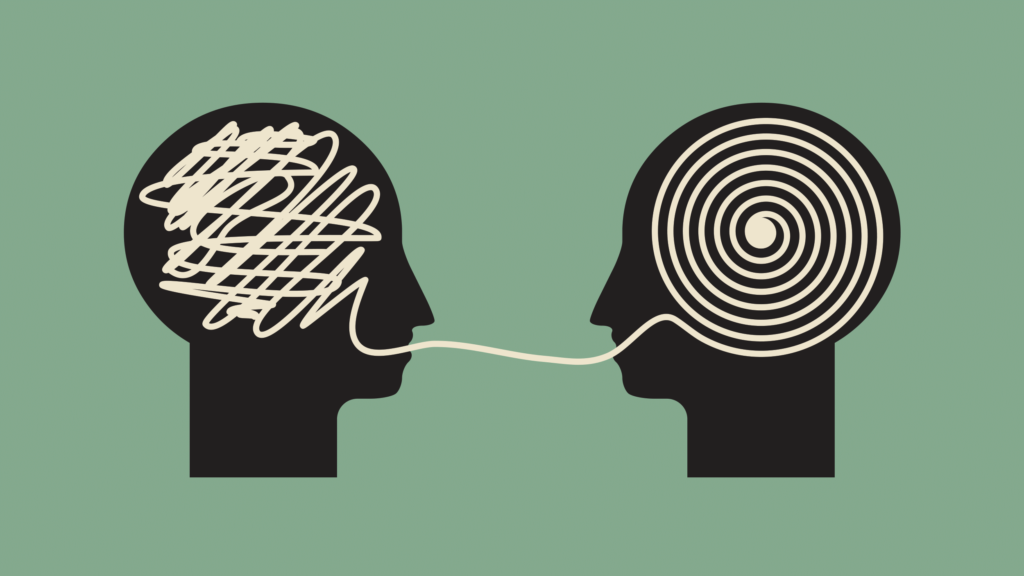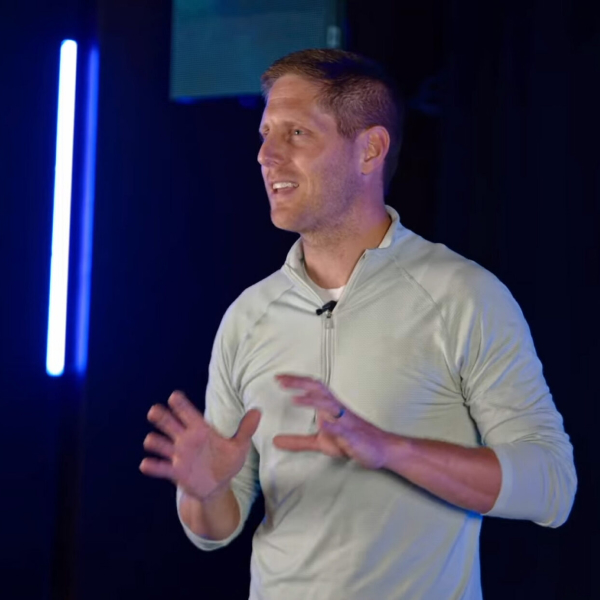Organizations are evolving at ever-accelerating rates. They have to, if they want to survive amongst increasing competition, rapidly changing customer interests and needs, and increasingly shorter product life-cycles.
Recognizing this, leaders and aspiring leaders should ask themselves:
- What is required of me now?
- Recognizing that the rate of change and instability is only going to increase, what can I do now to put myself in a position to be successful in the future?
We can’t deny that leaders are facing increasingly diverse demands that are challenging their breadth of knowledge and skills. They are required to empathetically console, charismatically motivate, and critically evaluate, sometimes all within the span of minutes.
Effective leadership currently requires behavioral flexibility, a trait that is only going to become more important in the future.
So, how do we become behaviorally flexible in order to lead effectively?
How We See Ourselves Shapes How We Lead
Researchers are finding behavioral flexibility primarily relates to how we view ourselves.
How do you see yourself?
- As the same person, regardless of the role or situation?
- As someone who is complex? Someone with a number of different self-aspects to draw upon in different situations?
Here is a depiction of the difference between these two options:

When we view ourselves as being unified, we carry the same traits across our different roles.
When we view ourselves as being complex, we recognize that across our different roles, we possess different traits. The more different self-aspects we see ourselves as having, and the higher the differentiation across these aspects, the more self-complex we are.
If the two ovals above represented two different leaders, who would likely be more effective? Who is going to be more behaviorally flexible? Who is going to be in a better position to lead in the future?
- The one with the unified sense of self?
- Or, the one with the complex sense of self?
Presented this way, the answer seems obvious.
Benefits of Self-Complexity
The benefits of self-complexity can largely be summed up by:
More complex view of self → More adaptive psychological functioning → Heightened sense of personal agency
When we see ourselves as being more complex, we possess greater options for who we bring to the situations we face, which allows us to navigate our situations more effectively. In other words, we are more adaptable, and able to produce more refined situation-specific application of leadership skills.
Additionally, when we see ourselves as being complex and operate accordingly, we promote complexity in others. We act as models for social learning. As we are seen navigating different roles and challenges in different, yet effective, ways, others will view us as being credible, competent, and follower-worthy.
Finally, researchers have found that people who view themselves as being more complex tend to have higher well-being.
Those who are less complex have a limited suite of traits to draw from, resulting in a restricted behavioral repertoire to pull from, which will likely limit one’s leadership effectiveness. For example, consider a leader whose self-aspects are all task oriented, but is faced with a subordinate who is facing severe health issues. This leader may lack the empathy needed to support the subordinate in the healthiest way.
The reality is: each of us has the capacity to be task oriented and empathetic. The difference between more complex people and less complex people is: more complex people believe they can “turn on” different traits, whereas those who are less complex do not.
Increasing our Self-Complexity
There are two things we need to consider when increasing our self-complexity. To help, think about self-complexity in terms of the number of tools we have in our tool chest.
- We need to improve our self-awareness, and more completely understand the tools in our tool chest.
- We need the ability to access the tools in our tool chest.

Mindsets play a critical role in both. Our mindsets are the mental lenses that we use to view our world, including ourselves. They generally operate below the level of our consciousness.
If we can awaken to our mindsets, we enhance our self-awareness at a very foundational level, and begin to more clearly see the tools in our tool chest.
Additionally, researchers have found that our mindsets are what give us access to the tools in our tool chest, many of which are lying dormant because of improper mindsets.
For example, when we have a fixed mindset, we do not believe that we can change our talents, intelligence, and abilities, and consequently seek to avoid situations where our talents, intelligence, and abilities may be questioned. This mindset is putting a limit on not only the tools we can access, but also preventing us from practicing with tools we are not very competent with, but with practice, could be.
If you want to increase your self-complexity, start by taking this free personal mindset assessment:
Note: Much of the ideas for this post come from Sean Hannah, Robert Woolfolk, and Robert Lord’s Journal of Organizational Behavior article, “Leader Self-structure: A Framework for Positive Leadership,” published in 2009.










